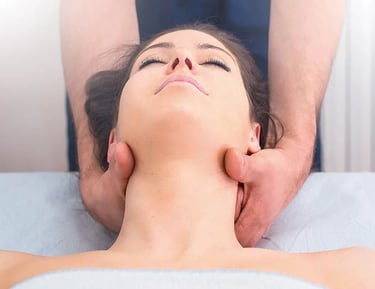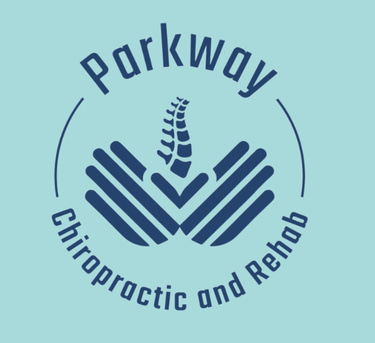Welcome to Our Practice: Stress Relief
Stress Relief
Stress can manifest in many ways and affects each individual differently. It often arises from the demands of everyday life, and in turn, it can have a negative impact on our overall well-being. Stress does not only affect us emotionally or mentally—it can also show up physically, causing pain, inflammation, and restricted movement. These symptoms can occur whether the source of stress is physical or emotional.
Our chiropractors are trained to help identify the sources of stress, create a personalized plan to reduce its effects, and treat the physical symptoms associated with it.
Exercise and Nutrition: Key to Stress Reduction
Exercise is a powerful tool for reducing physical, mental, and emotional stress. Even a daily walk can significantly decrease tension and improve overall health. Exercise not only provides obvious benefits for the heart, lungs, muscles, and bones, but it also increases blood flow to the brain, which helps alleviate anxiety and depression—both of which can manifest as physical symptoms.
A balanced diet also plays a crucial role in managing stress. Proper nutrition can reduce physical stressors like obesity and high blood pressure, both of which contribute to overall stress. Furthermore, research shows that adequate nutrition is linked to better brain health and emotional well-being.
How Chiropractic Care Can Help with Stress
No matter where the stress originates, a visit to the chiropractor can help reduce pain, inflammation, and difficulty with movement. Chiropractic adjustments aimed at improving spinal health also optimize the functioning of your nervous system, which can help you better manage stress.
In addition, therapies such as massage therapy and trigger point therapy can be highly effective. Massage therapy not only helps induce relaxation but also targets the physical stress that may be contributing to mental stress. Trigger point therapy, which focuses on releasing muscle knots (or "trigger points"), works to break up tight muscle fibers, promote circulation, and relieve pain and tension.
Sleep: Essential for Stress Management
Proper sleep is vital for managing stress. Most adults need between seven and nine hours of sleep each night. Equally important is the quality of sleep—how and when you fall asleep, and your wake-up time. Stress can negatively affect sleep, but establishing a consistent bedtime routine and going to bed at the same time each night can help improve both the quality and quantity of sleep. Studies suggest that going to bed an hour or more before midnight enhances sleep quality. Chiropractic care and massage therapy can be instrumental in addressing musculoskeletal pain that might interfere with a restful night's sleep.
Finding the Right Stress Relief for You
Everyone responds to stress differently, and there are many therapies and techniques that might work for you. If you're having trouble identifying the source of your stress or if you're looking for recommendations for effective treatments, we're here to help.


Parkway Chiropractic and Rehab
© 2024. All rights reserved.
⏰ Office Hours
🌟 Monday to Friday:
🕘 9:00 AM – 6:00 PM
🌟 Saturday:
🕘 9:00 AM – 12:00 pm


